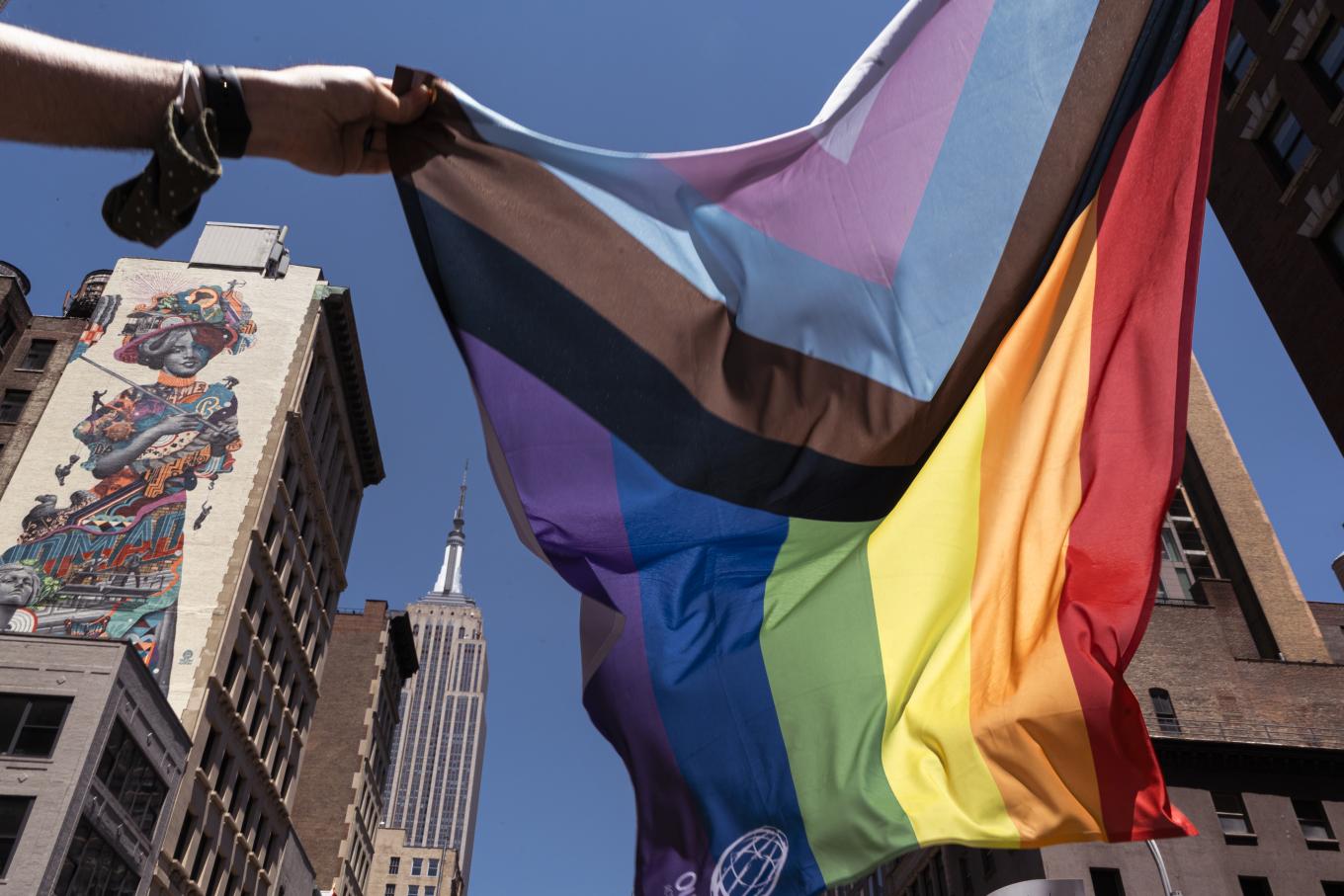
Country Overview
Tajikistan
At a glance
View more for this country:
Since the country gained independence from the former USSR bloc in 1998, Tajikistan’s Criminal Code has not contained any provision outlawing consensual same-sex sexual acts between adults. Nevertheless, the country does not offer any form of non-discrimination protection on the grounds of sexual orientation, gender identity, gender expression, or sex characteristics.
Civil society reports that violence against LGBTIQ people continues to be carried out on a daily basis, with ECOM - Eurasian Coalition on Health, Rights, Gender and Sexual Diversity recording 25 cases of human rights violations against LGBT people in 2023. Police have subjected LGBT individuals to arbitrary arrests and other forms of violence, including blackmail, extortion, and sexual assault. In 2017, the government reportedly created a special registry of “proven” LGBT persons in the country, comprising over 300 individuals. While supposedly aimed at protecting LGBT individuals and stopping the spread of sexually transmissible infections, such a registry also exposes LGBT individuals to increased risks of violence and persecution. There have also been cases of law enforcement using Article 125 of the Criminal Code, which prohibits the intentional transmission of HIV, to detain and extort LGBT people, and force them to out other LGBT people.
There is no transparent procedure for legal gender recognition in the country, but at least two trans men and one trans woman were able to change their gender markers on official documents in 2023 through a court procedure. Non-consensual medical interventions on intersex people also remain legal.
In 2021, Tajikistan was ranked by the Williams Institute as the second worst out of 175 countries for average social acceptance of LGBTI people between 2017 and 2020. Influential religious leaders have publicly opposed what they describe as “nontraditional sexual relations.” The government has dissolved over 700 NGOs, including “Equal Opportunity,” the only NGO working on LGBTIQ equality in the country.
Anti-LGBTIQ rhetoric and policies and deeply ingrained gender inequalities create specific challenges for lesbian, bisexual, and queer women in the country. According to a needs assessment published by an Outright grantee in 2024, LBQ women face “widespread deliberate silence” and rights violations in the country, with 58 percent of respondents reporting that they do not feel safe and 72 percent reporting a need for mental health services in the last year.
*Outright research indicates that the bodily autonomy of intersex people is not respected and protected in this country.
Global Impact
Sub-Saharan Africa
Outright supports LGBTIQ organizations in Sub-Saharan Africa and works with mainstream human rights organizations to respect human rights and influence positive changes in laws, policies, attitudes and beliefs that cause discrimination against LGBTIQ people.
United Nations
Our work at the United Nations centers around advocating for the advancement of the rights of LGBTIQ people.
View this regionAsia
Our work in Asia promotes acceptance of sexual and gender diversity at all levels of society.
View this regionSouthwest Asia and North Africa
In the Southwest Asia and North Africa, we partner with local groups in various countries as part of our international solidarity work. We also work with our local partners on different topics through capacity building, advocacy, research and holistic security.
Europe and Central Asia
Outright International partners with activists to fight for an end to human rights violations based on sexual orientation, gender identity and gender expression in Europe and Central Asia, where most of our work involves emergency responses to harassment, discrimination, violence, and most recently, Russia’s brutal and expanded invasion of Ukraine.
Americas
Our work in the Americas continues to build on the fundamental and positive transformation of human rights protections in recent years. We partner with groups in the Caribbean that focus on ending gender-based violence and eradicating discrimination against trans people.
Pacific
Our work in the Pacific aims to increase the visibility of activists, respond to human rights emergencies, and actively bridge local, regional, and international activism to achieve equality and justice.
Global
View this region
Human Rights Research
Since 1990, we have partnered with activists from all over the world to produce hundreds of groundbreaking reports.
Read Our Reports